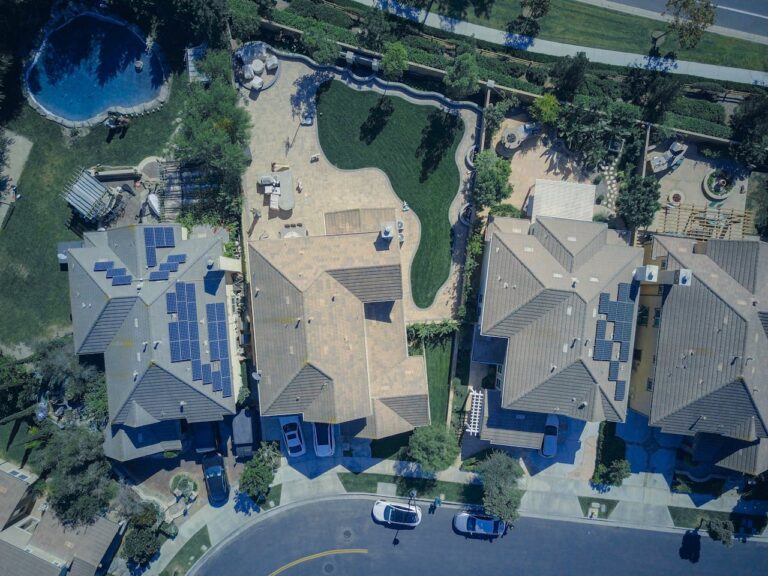Understanding the closing date is crucial in the home-selling process. It marks the end of your journey as a seller and the beginning for the buyer. But what exactly happens on this day, and why is it important? Let’s break it down.
What is a Closing Date?
The closing date is the day the sale of a home is finalized. On this date, ownership of the property officially transfers from the seller to the buyer. It’s the culmination of all the hard work, negotiations, and paperwork.
Why is the Closing Date Important?
The closing date is pivotal for several reasons:
- Transfer of Ownership: This is when the legal title passes to the buyer.
- Financial Settlement: All financial transactions, including the payment to the seller, occur on this day.
- Contractual Obligations: It’s the deadline for both parties to meet all the terms and conditions outlined in the purchase agreement.
What Happens on the Closing Date?
The closing date involves several key activities:
- Signing Documents: Both buyer and seller sign numerous legal documents. These include the deed, bill of sale, and closing disclosure.
- Final Walkthrough: The buyer often conducts a final walkthrough to ensure the property is in the agreed-upon condition.
- Payment Transfer: The buyer’s lender transfers funds to the seller’s account, and all expenses, such as taxes and fees, are settled.
How is the Closing Date Determined?
The closing is usually negotiated between the buyer and seller. Factors influencing this date include:
- Financing Timeline: The time it takes for the buyer to secure financing.
- Property Condition: Time needed for repairs or renovations, if any.
- Buyer’s and Seller’s Availability: Both parties must agree on a mutually convenient date.
How Can You Prepare for the Closing Date?
Preparation is key to a smooth closing process. Here’s how you can get ready:
- Review Documents Early: Go through all documents beforehand to ensure accuracy and completeness.
- Organize Necessary Paperwork: Gather all required documents, such as loan payoffs and identification.
- Confirm Financials: Double-check that all financial arrangements are in place, including mortgage payoffs and account details.
What Challenges Might Arise on the Closing Date?
While most closings go smoothly, challenges can occur:
- Financing Delays: If the buyer’s financing is delayed, it might postpone the closing.
- Title Issues: Unresolved liens or claims against the property can complicate the transfer of title.
- Inspection Problems: Unaddressed issues from the home inspection might need resolving before closing.
How to Handle Delays
If a delay occurs, communication is crucial:
- Stay in Touch: Maintain open lines of communication with the buyer, agents, and lender.
- Negotiate Solutions: Be flexible and work towards solutions that satisfy both parties.
- Adjust the Closing Date: Sometimes, rescheduling the closing is necessary to resolve outstanding issues.
What Are Some Tips for a Successful Closing?
To ensure a smooth closing experience, consider these tips:
- Hire a Professional: An experienced real estate agent or attorney can guide you through the process.
- Stay Organized: Keep all documents and communications well-organized.
- Be Flexible: Sometimes unexpected issues arise, so flexibility can help navigate these smoothly.
How Can Technology Assist with Closing?
Technology can simplify the closing process:
- Digital Document Signing: Use e-signature platforms to sign documents electronically, saving time and hassle.
- Online Communication: Communicate with all parties through secure online platforms to keep everyone informed and coordinated.
- Closing Calculators: Use online tools to estimate closing costs and financial arrangements.
What Questions Should You Ask About the Closing Date?
To ensure clarity, consider asking:
- What is the Exact Closing Date? Know the exact date and time to plan accordingly.
- What Documents Are Needed? Ensure you have a checklist of all required documents.
- How Will Funds Be Transferred? Understand the payment process to avoid any last-minute surprises.
Stay Informed: How to Keep Up with Closing Trends
Real estate processes continue to evolve. To stay current:
- Read Real Estate Blogs: Follow expert insights and updates.
- Attend Workshops: Participate in seminars and workshops on real estate transactions.
- Consult with Experts: Regularly seek advice from experienced real estate professionals.
Mastering the Closing Date
Understanding the closing date is essential for a successful home sale. By knowing what to expect and how to prepare, you can navigate this crucial day with confidence. The closing date is not just the end of a sale; it’s the beginning of the buyer’s new chapter. So, approach it with the care and attention it deserves.
For more information on navigating the home selling process, visit our Glossary of Key Terms for Home Sellers.
By following these guidelines, you can ensure a smooth and successful closing experience, paving the way for a seamless transition to your next venture.






